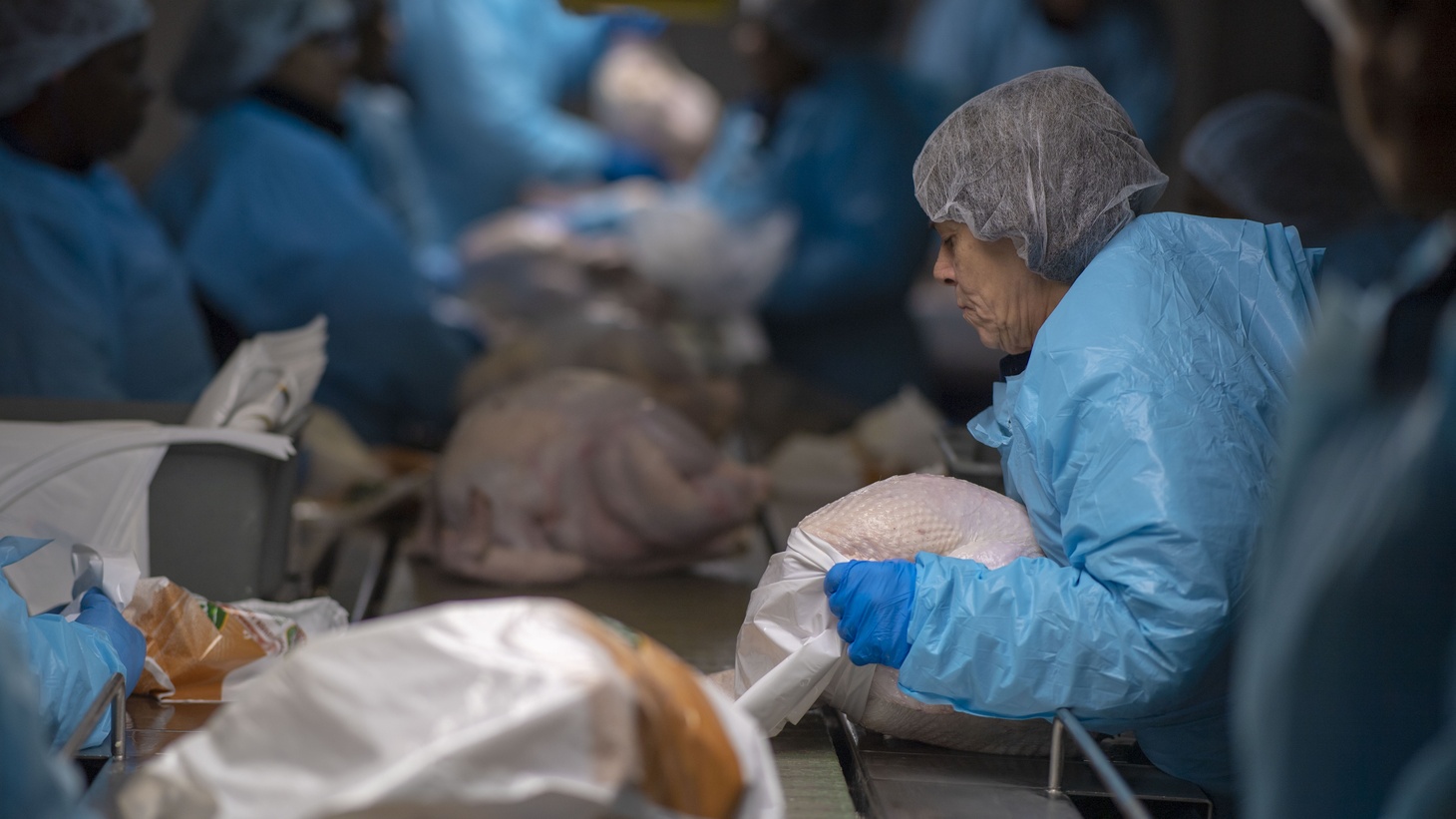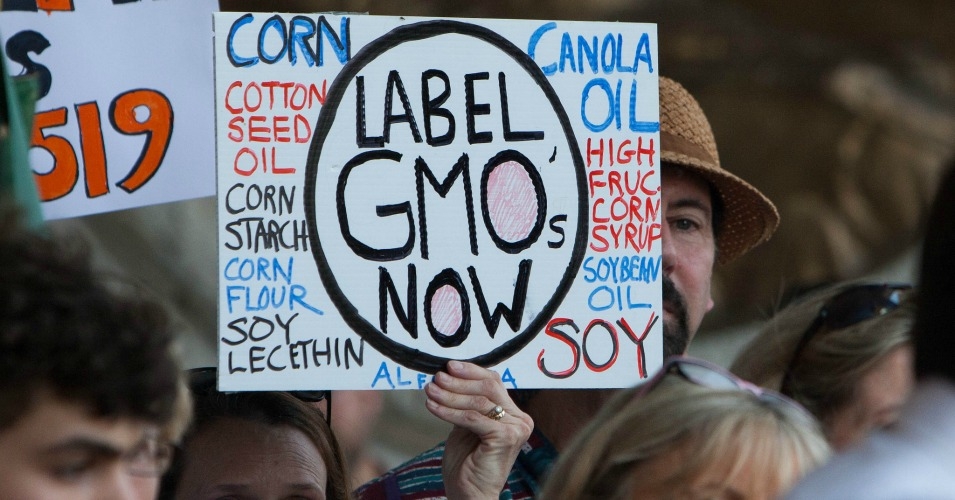“Clean your plate, There’s starving children in the world.” “Don’t eat that! It’s past its expiration date!” “I’m too full to finish.” “No thanks, we don’t eat leftovers…” “What is that thing in the refrigerator?”
Grocery stores, restaurants, fast food chains, agriculture, food industries and manufacturing all produce huge amounts of food that are thrown out. Additionally, one must consider the resources used to produce that “thing” that is being discarded. 40% of the food Americans purchase is disposed of without ever being consumed.
How many times have you seen, participated in, or known of food being thrown out? Has it ever occurred to you what the impact of this waste amounts to?
The Food and Agriculture Organization (FAO) of the United Nations has published Food Wastage Footprint: Impacts on Natural Resources Summary Report. In the first ever study of the question of food chain security and its relationship to natural resources throughout the world, the FAO has identified areas of concern that should bring every individual on the planet to the level of awareness and action.
Their report begins, “FAO estimates that each year, approximately one-third of all food produced for human consumption in the world is lost or wasted. This food wastage represents a missed opportunity to improve global food security, but also to mitigate environmental impacts and resources use from food chains. Although there is today a wide recognition of the major environmental implications of food production, no study has yet analysed the impacts of global food wastage from an environmental perspective.”
The quickest way to grasp the basics of their research, watch this clip:
Occupy World Writes sees concern when reading this report and considering the impact of global unrest and climate change. Wars and terrorism have prevented crops from being planted, from being harvested and from being taken to market. Refugees go without sufficient nutritional food while stockpiles of perishables rot in warehouses. Climate change has brought drought to regions that have always produced abundant food, and floods have stricken various regions of the world, wiping out crops, food supplies and infrastructure needed to replace them.
Before you toss that next apple away, refuse to take a box home from the restaurant or don’t bother to use what you purchase, consider how much more you are wasting than just the food item you decide is not consumable. How much energy? How many gallons of water? How much fuel and electricity was consumed in order to give you the opportunity to make this choice?



